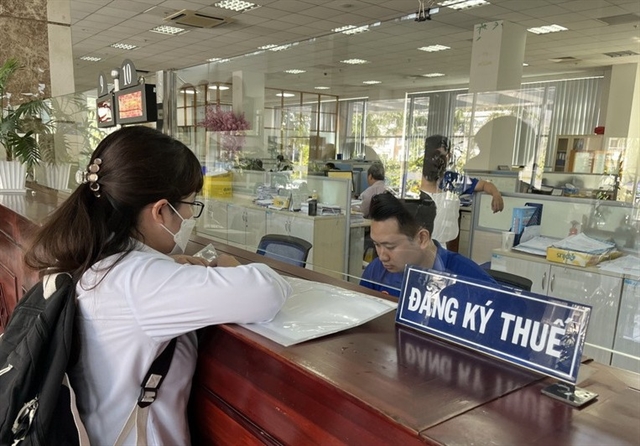_med.jpg) Economy
Economy


|
| VCCI says tax obstacles have affected cash flow, competitiveness, supply chain continuity, and the market share for Vietnamese agricultural exports. VNA/VNS Photo |
HÀ NỘI — The Vietnam Chamber of Commerce and Industry (VCCI) has reported to the Prime Minister on mounting challenges facing the business community under the current value-added tax (VAT) policies, particularly in the agricultural, forestry and fisheries sectors. The procedures for VAT refunds are described as complex, time-consuming and, in some cases, exposing enterprises to legal risks.
More than three months after the implementation of the Law on Value-Added Tax (No. 48/2024/QH15) and its guiding documents, VCCI said it had received extensive feedback from major industry associations on significant practical issues. These obstacles have affected cash flow, competitiveness, supply chain continuity, and the market share of Vietnamese agricultural exports.
Under the VAT Law, products that are unprocessed or only ordinarily processed are subject to a five per cent tax rate. However, VCCI noted that most agricultural products — including coffee, pepper, cashew nuts, shrimp, fish and raw timber — undergo only preliminary processing stages such as shelling, drying, hulling or roasting, which do not generate substantial added value.
VCCI argued that applying a five per cent VAT rate to these goods does not reflect the principle of a value-added tax, which should only be levied on the portion of added value in the production and trading process. The current 'pay first, refund later' mechanism forces enterprises to advance large sums of capital for tax obligations while operating on extremely low profit margins of just 1 to 3 per cent.
For example, the coffee industry must provisionally pay around VNĐ10 trillion in VAT each year, while the pepper sector has to advance as much as US$85 million, creating severe financial pressure on businesses.
“This increases export costs, causing Vietnamese goods to lose competitiveness compared with countries such as Brazil, Indonesia and India, where raw agricultural products are exempt or subject to a zero per cent rate,” a business community representative said.
The VAT Law stipulates that animal feed is non-taxable. Yet VCCI reported that many local tax authorities continue to apply a five per cent rate to materials such as maize, rice bran, brewer’s grain and fishmeal when traded commercially.
Numerous enterprises said VAT refunds have been delayed for months or even rejected for reasons beyond their control. The 2024 VAT Law requires the seller to have declared and paid tax before the buyer can be granted a refund.
VCCI stated: “This regulation is unreasonable because it shifts the seller’s responsibility to the buyer, who has already fulfilled all tax obligations. The verification and inspection duties belong to tax authorities — compliant enterprises should not be made to bear the risk of their suppliers’ violations.”
Exporters trading via e-commerce platforms such as Amazon or Alibaba are also struggling to obtain VAT refunds due to the absence of traditional contracts and documentation.
In response, the business community has urged the Prime Minister to urgently review and amend VAT provisions for unprocessed or ordinarily processed agricultural, forestry and fishery products.
VCCI recommended that the Government instruct the Ministry of Finance to establish an automatic VAT refund mechanism for valid applications. It also proposed reinstating, or temporarily reinstating, the previous regulation exempting ordinarily processed agricultural products from VAT declaration and calculation.
Regarding refund eligibility, VCCI called for the removal of the requirement that refunds depend on the seller’s tax declaration and payment status. It also suggested that the Government allow the Ministry of Finance to accept electronic records and digital transaction data as valid evidence for export refund verification.
Business representatives further requested a comprehensive review of the administrative penalty system in taxation, proposing leniency for first-time offences and exemption from fines for minor errors (below VNĐ50,000) to encourage voluntary compliance rather than fear-based adherence. — VNS




